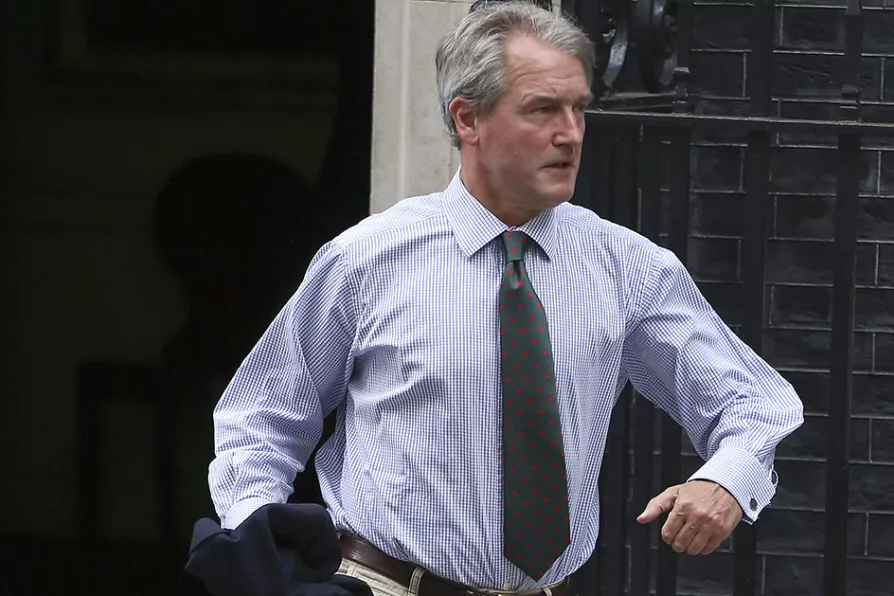Labour prospects in May elections may be irrevocably damaged by Birmingham Council’s costly refusal to settle the year-long dispute, warns STEVE WRIGHT

 Owen Paterson, who has now resigned after the government's bid to shield him from the consequences of paid lobbying failed
Owen Paterson, who has now resigned after the government's bid to shield him from the consequences of paid lobbying failed
THERE was rightly a furore after Tory MPs (for the most part) voted not to carry through the suspension of Tory MP Owen Paterson from Parliament (Paterson himself voted against his suspension) for breaching lobbying rules — a decision which Keir Starmer correctly labelled “corruption.”
MPs have expected standards of behaviour and an independent committee found that Paterson had broken them.
Johnson’s response was not to back the committee but to have a look and see if rules could be changed to allow corrupt dealings.

Inspired by a hit TV show, KEITH FLETT takes a look at the murky history of undercover class war

The government cracking down on something it can’t comprehend and doesn’t want to engage with is a repeating pattern of history, says KEITH FLETT

KEITH FLETT traces how the ‘world’s most successful political party’ has imploded since Thatcher’s fall, from nine leaders in 30 years to losing all 16 English councils, with Reform UK symbolically capturing Peel’s birthplace, Tamworth — but the beast is not dead yet











